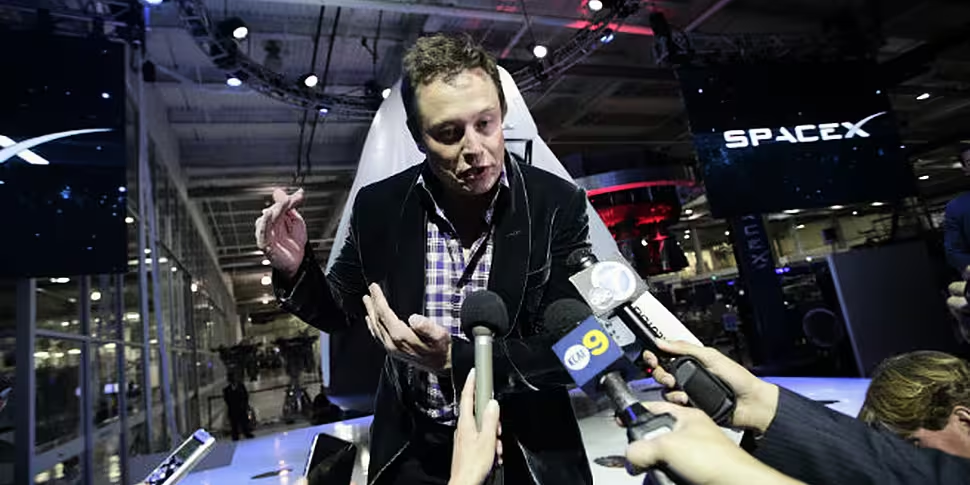SpaceX has landed its rocket vertically back on Earth after sending satellites into orbit - marking a major step forward in developing cheaper, more accessible space travel.
Three previous attempts to land on a platform at sea had failed, with the June flight exploding on its way to re-supply the International Space Station.
SpaceX workers cheered, jumped in the air and hugged each other as the 15-storey Falcon 9 rocket touched down at Florida's Cape Canaveral.
The first-stage booster landed on a giant X after successfully sending 11 satellites into orbit for US telecoms company OrbComm.
"The Falcon has landed," SpaceX TV commentators announced.
"This has been a wildly successful return to flight for SpaceX," said one commentator. "We made history today."
SpaceX is run by Elon Musk - the billionaire founder of Tesla electric cars who also co-founded PayPal.
He hopes to dramatically reduce launch costs by reusing rockets, something that could revolutionise space travel, open it up to more people and make its pioneers a lot of money.
Currently, rocket boosters are jettisoned after a couple of minutes and land in the sea where they are recovered and eventually refurbished - a costly and time-consuming process.
Amazon founder Jeff Bezos' rocket company, Blue Origin, successfully landed a suborbital rocket last month in Texas. The rival billionaire tweeted: "Congrats @SpaceX on landing Falcon's suborbital booster stage. Welcome to the club!"
However, Musk's Space X booster was much larger, faster and more powerful, allowing it to enter orbit.









